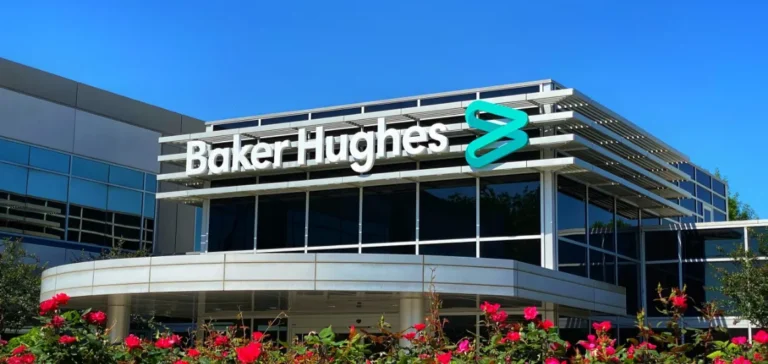Baker Hughes has announced a major contract with Petróleo Brasileiro S.A. (Petrobras) to supply up to 50 subsea tree systems and related services for multiple offshore oil fields off the coast of Brazil. The agreement, awarded through an open tender, marks a new milestone in the companies’ collaboration in developing the country’s subsea energy sector.
Equipment designed for pre-salt operations
Under this agreement, Baker Hughes will manufacture Petrobras’ standard pre-salt subsea trees along with other key components such as subsea distribution units, vertical connectors and in-line tees. These systems are designed to ensure safe and stable production from the seabed, meeting the specific technical requirements of deepwater reserves.
Topside control equipment, including cabinets located on floating production, storage and offloading units (FPSOs), will allow remote operation of the subsea installations from the vessels. Local production of the systems is scheduled to begin in the third quarter of 2025.
Deployment across mature and new fields
The new subsea systems will be deployed in several of Petrobras’ key offshore fields, including Albacora, Jubarte and Barracuda-Caratinga. They will also be installed in more recent pre-salt developments such as the Mero and Buzios fields, aiming to maximise productivity in new wells.
The execution of this order will increase recovery capacities on already active sites while supporting investment optimisation in high-potential areas. The use of standardised technologies is also expected to facilitate long-term maintenance and reduce operating costs.
A driver for local production strategy
With a longstanding presence in Brazil, Baker Hughes leverages an industrial localisation strategy to support the national economy and meet local content requirements set by authorities. The agreement signed with Petrobras reinforces this approach, with a significant portion of manufacturing planned at the company’s Brazilian facilities.
The contract demonstrates the technology provider’s ability to secure large-scale projects in a competitive environment, while strengthening its position in a rapidly expanding offshore market.






















